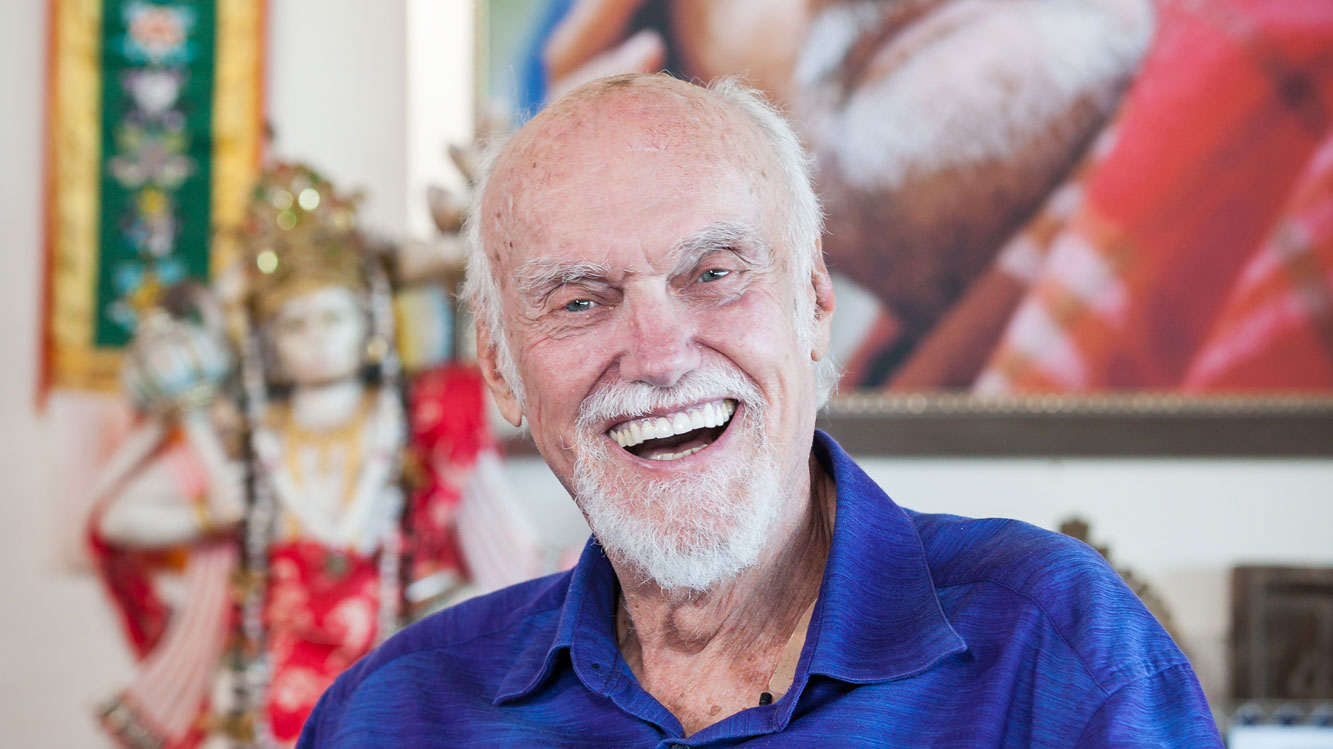Suzuki is talking about a guest at Tassajara. (continued from Saturday.
She said, “I am a ornament of it. I am not I. I am it,” [laughs], she said. “I am it.” Not “me,” “it.” And she started to talk about the relationship between “I” and “it,” And "I am an ornament of it, a tools of it." -------------------------------- Excerpt from Shunryu Suzuki lecture - 68-07-21 as found on shunryusuzuki.com. Edited by DC
She said, “I am a ornament of it. I am not I. I am it,” [laughs], she said. “I am it.” Not “me,” “it.” And she started to talk about the relationship between “I” and “it,” And "I am an ornament of it, a tools of it." -------------------------------- Excerpt from Shunryu Suzuki lecture - 68-07-21 as found on shunryusuzuki.com. Edited by DC



